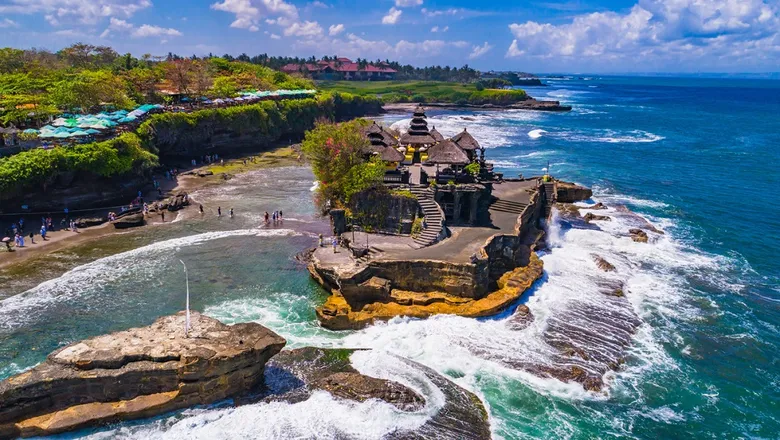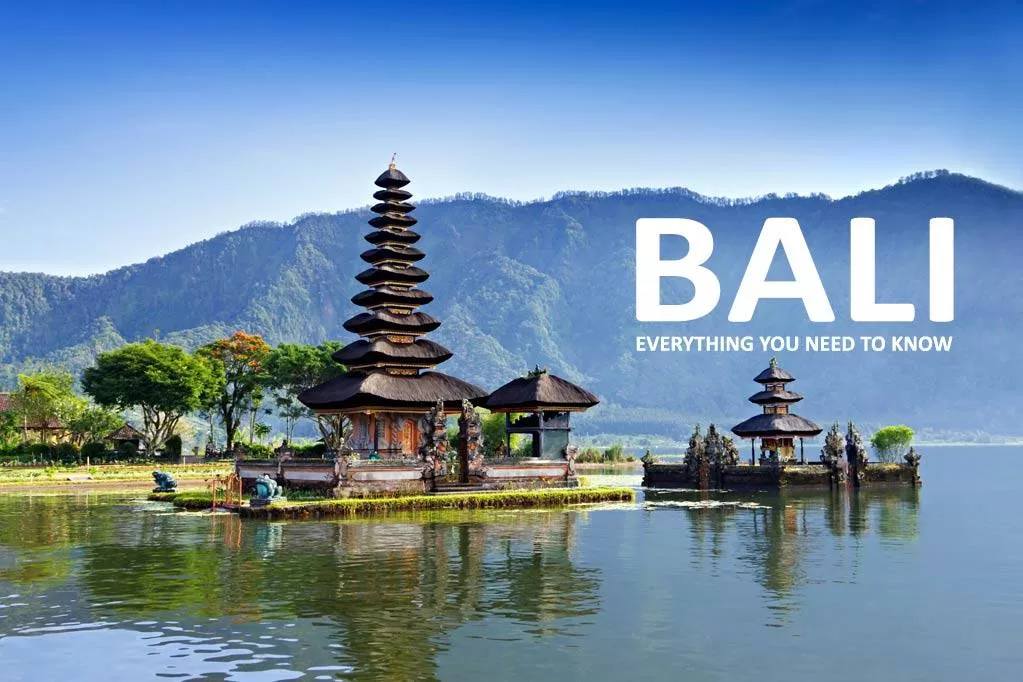Introduction: Understanding the Role of the Indonesia Tourism Board
Indonesia, with its archipelago of over 17,000 islands, offers an unmatched diversity in landscapes, culture, and history. At the heart of marketing this diversity and driving tourism growth stands the Indonesia Tourism Board. Their pivotal role encompasses promoting, strategizing, and ensuring that the nation gets its well-deserved place on the global tourism map.

Origins and Establishment of the Tourism Board
The historical backdrop of Indonesia’s tourism landscape demanded a cohesive and centralized approach to tap into its vast potential. This birthed the idea of a singular entity that would represent the tourism ambitions of the country. The Indonesia Tourism Board was thus founded, its core mission being the promotion of the nation’s cultural richness, unparalleled biodiversity, and its captivating historical narratives.
Over the years, the board has evolved, refining its objectives and expanding its horizons, aligning them with global tourism trends, domestic needs, and the overarching vision of positioning Indonesia as an unmissable travel destination.
Key Functions and Responsibilities of the Tourism Board
The Indonesia Tourism Board acts as the nation’s tourism compass, directing strategies that highlight Indonesia’s allure. Principal among its responsibilities is the promotion of Indonesia’s multifaceted tourism assets, from the beaches of Bali to the cultural heartland of Java.
Integral to this mandate is the board’s consistent collaboration with both local and international stakeholders. By forging ties with global tourism organizations, airlines, and travel conglomerates, the board ensures Indonesia remains a favorite among travelers. Further, it delves deep into research, collecting data, and discerning patterns to fine-tune its strategies, ensuring Indonesia’s tourism growth is both robust and sustainable.

Major Tourism Campaigns and Initiatives
“Wonderful Indonesia” stands as a testament to the board’s visionary campaigns—a brand that resonates globally, encapsulating the country’s essence. Through vivid imagery, stories, and engagements, it beckons travelers to explore the archipelago’s wonders.
While Bali has long enjoyed global attention, the board has been instrumental in diversifying the focus to other equally captivating destinations. From the serene landscapes of Raja Ampat to the cultural richness of Yogyakarta, their initiatives shed light on lesser-known but equally mesmerizing spots. Parallelly, the emphasis on sustainable and eco-tourism practices ensures that growth does not come at the expense of the environment.
The Tourism Board’s Collaborative Partnerships
Partnerships are at the crux of the board’s modus operandi. By engaging with international tourism forums, the board facilitates the exchange of ideas, best practices, and innovations. Domestically, collaborations with regional tourism boards and local governments foster a unified approach, ensuring each region’s uniqueness is highlighted.
Their synergies with the private sector, encompassing airlines, hotel chains, and tour operators, create a seamless travel experience for tourists. These alliances ensure that from the moment a traveler thinks of Indonesia to the moment they leave its shores, their journey is memorable.
Role of the Tourism Board in Crisis Management
In an ever-evolving global landscape, crises are inevitable. Whether it’s natural calamities like tsunamis or global pandemics like COVID-19, the tourism sector often faces the brunt. The board steps in here, not just as a reactionary body, but as a strategic entity. It formulates proactive strategies, ensuring swift recovery and building resilience against future challenges.
Sustainability and Eco-Tourism: Emphasis of the Tourism Board
With the global shift towards sustainable travel, the board has been pioneering eco-tourism initiatives. From promoting destinations that prioritize conservation to campaigns that educate travelers on responsible tourism, their efforts are multi-pronged.
The Tourism Board’s Digital and Media Strategy
Digital transformation has reshaped tourism marketing. Recognizing this, the board has harnessed the power of digital platforms, ensuring a robust online presence. Collaborations with influencers, travel bloggers, and vloggers further amplify Indonesia’s voice in the digital realm.

Challenges and Criticisms faced by the Tourism Board
The board’s journey hasn’t been without challenges. Issues like overtourism, environmental concerns, and balancing rapid tourism growth while preserving cultural authenticity have been critical areas of focus. Yet, with each challenge, the board has showcased adaptability, recalibrating its strategies for holistic growth.
Future Projections: The Tourism Board’s Vision for the Next Decade
Looking ahead, the board envisions a future where Indonesia is not just a tourist destination but a global tourism leader. Anticipating global trends, from experiential travel to eco-tourism, the board is gearing up, ensuring Indonesia remains at the forefront of global tourism narratives.
Conclusion: The Integral Role of the Tourism Board in Shaping Indonesia’s Tourism Landscape
In retrospect, the Indonesia Tourism Board’s role has been transformative. It has been the beacon guiding Indonesia’s tourism voyage, ensuring that the nation’s stories, landscapes, and cultures find their deserving audience.
Resources and References: Further Reading on the Indonesia Tourism Board’s Endeavors
For those keen to delve deeper into the board’s initiatives and impact, official publications offer a wealth of information. Additionally, various books and articles provide an analytical perspective on its contributions, offering insights into Indonesia’s dynamic tourism trajectory.

